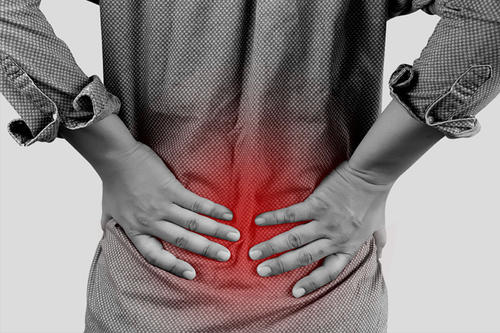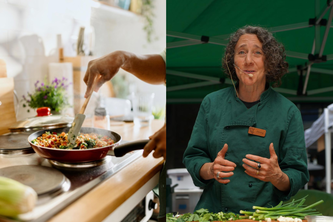
The University of Minnesota’s Earl E. Bakken Center for Spirituality & Healing will be using an $11.2 million grant from the National Institutes of Health to study non-drug approaches to prevent chronic low back pain—which could lead to reduced opioid use.
The funding will support a Clinical Coordinating Center at the University of Minnesota—as well as at the University of Pittsburgh—as part of a national, multi-site clinical trial examining the effectiveness of spinal manipulation therapies (SMT) and supported self-management (SSM) compared with usual medical care.
“Identifying effective management and prevention strategies for back pain is a huge challenge,” says Gert Bronfort, lead investigator and professor in the center’s Integrative Health and Wellbeing Research Program. “By examining promising, safe, and accessible non-drug treatments like spinal manipulation therapies and supported self-management, we hope to prevent acute low back pain from becoming chronic and to reduce over-reliance on medications and unnecessary surgeries.”
According to the World Health Organization, low back pain is the leading cause of disability worldwide, and one study of back pain patients found more than half of the patients used opioids to treat pain.
“Back pain is right in the center of the opioid crisis,” says Roni Evans, a co-investigator on the study and director of the Integrative Health and Wellbeing Research Program. “We need to take a step back and consider other options which truly address patients’ needs and enable them to safely and effectively manage their pain.”
The researchers will compare SMT and SSM to usual medical care, which includes prescription medications for acute low back pain in adult patients at increased risk of becoming chronic. SSM encompasses self-care strategies that address the biopsychosocial aspects of back pain through the use of behavioral and coping strategies, mind-body approaches, lifestyle advice and pain education.
- Categories:
- Health





